What is National Engineering Month?
March is recognized as National Engineering Month (NEM) and is the biggest celebration of engineering in Canada. It is designed to spark an interest in the next generation of engineering professionals and to celebrate the role that they play in society. There are many events organized throughout the month of March with a shared message “there’s a place for you” in engineering and technology.
Why is National Engineering Month important?
- Provides an opportunity for youth to learn about engineering
- Helps kids understand the various things they can do as engineers
- Can teach youth what it takes to become a professional engineer
- Helps to profile for youth the accomplishments of Canada’s engineers
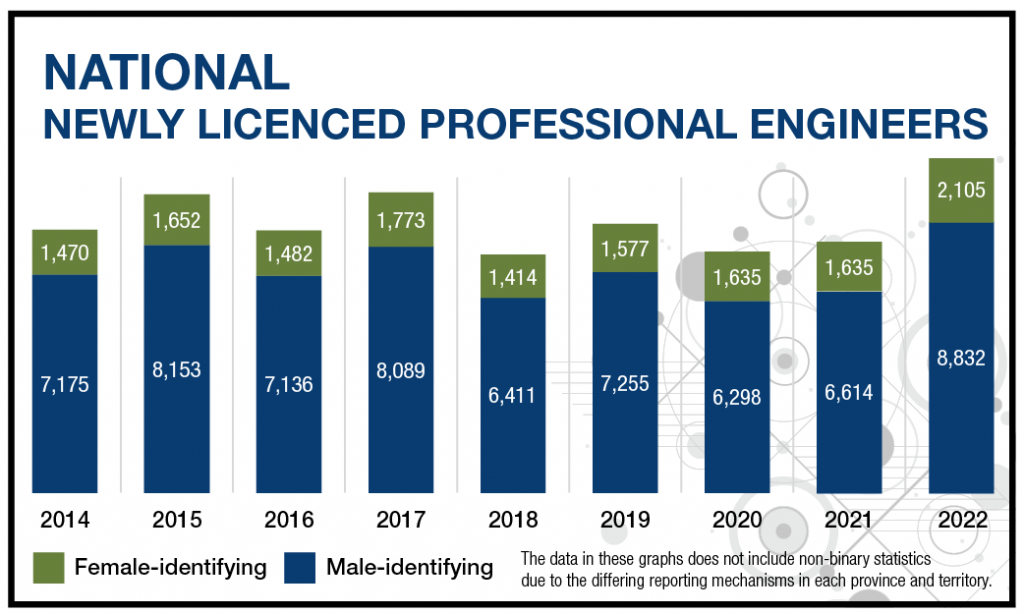
DID YOU KNOW?
Each year, Canada tracks the number of newly licensed engineers to gain insights into the future of the engineering profession in the country. In 2022, a total of 10,979 engineers received their licenses, with the largest group (3,314 engineers) licensed through Professional Engineers Ontario (PEO). Table 1 illustrates a nine-year trend of Canada’s newly licensed engineers from 2014 to 2022. The total number of newly licensed engineers increased by 33 percent from 8,255 in 2021 to 10,979 in 2022.
Reference: Engineers Canada. (2023). National Membership Report: 2023 National Membership Information. Retrieved from https://engineerscanada.ca/reports/national-membership-report/2023-national-membership-information#-newly-licensed-engineers
The Importance of Engineers Here at Pinchin
Having professional engineers here at Pinchin is extremely important as they continually push the boundaries of technology, assist in solving technical problems and help us reach new heights. Pinchin currently has over 80 professional engineers in our various practices located across Canada and an additional 48 individuals currently in training to become a professional engineer.
As we celebrate National Engineering Month, we’ve decided to connect with a few of our engineering team members to learn about their journey of becoming a professional engineer and what it means to them. Throughout March, we’ll be highlighting at least one new member every week. We hope you’ll join us in learning about our engineers and what drives them to do what they do.
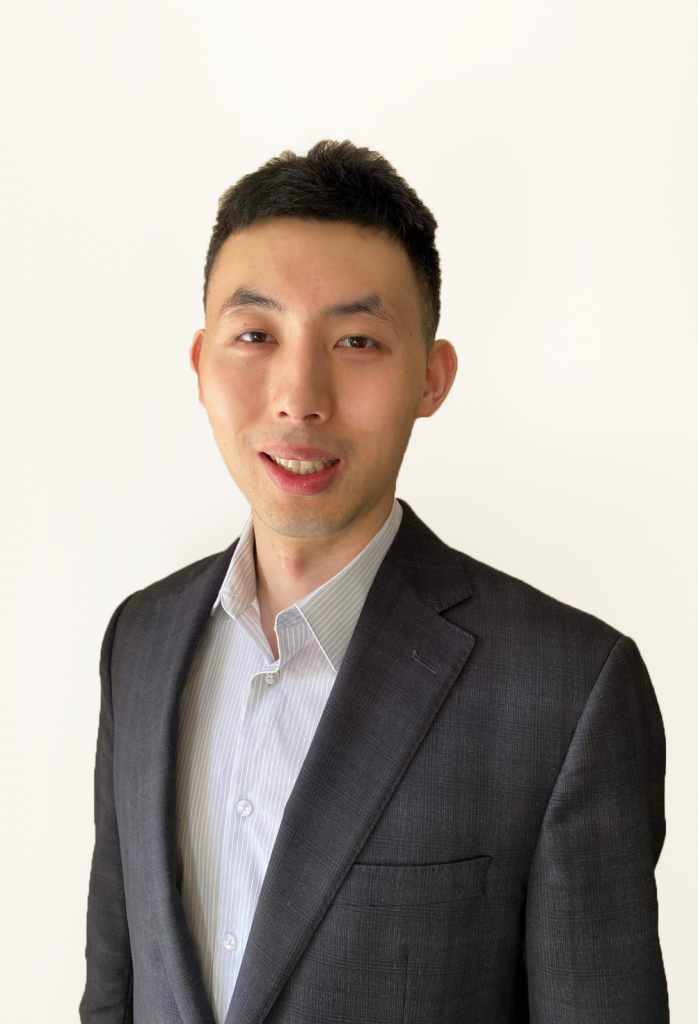
Laurence Kao, P.Eng., PMP, C.E.M., CRE, LEED AP
National Practice Technical Lead, Building Performance and Sustainability
Laurence Kao is the National Practice Technical Lead in the Building Performance and Sustainability group and has been employed by Pinchin Ltd. since 2022. Laurence is a Professional Engineer with project experience across Canada in a wide range of fields including decarbonization, recommissioning, retrofit design, and measurement and verification. He is a Certified Energy Manager and draws on his broad knowledge base to take an integrated approach to projects.
Laurence’s passion lies in developing functional and sustainable design solutions. He specializes in the energy and GHG reduction process from study to implementation and monitoring. He has worked on BC Hydro Continuous Optimization projects at UBC, SFU and the Children Family Research Institute. Additionally, he was a project manager for several Deep Retrofit Studies for clients such as Metro Vancouver, PSPC, CBRE, City of Brampton, and Home Depot.
For more information on Tim Speirs, visit his LinkedIn Profile.
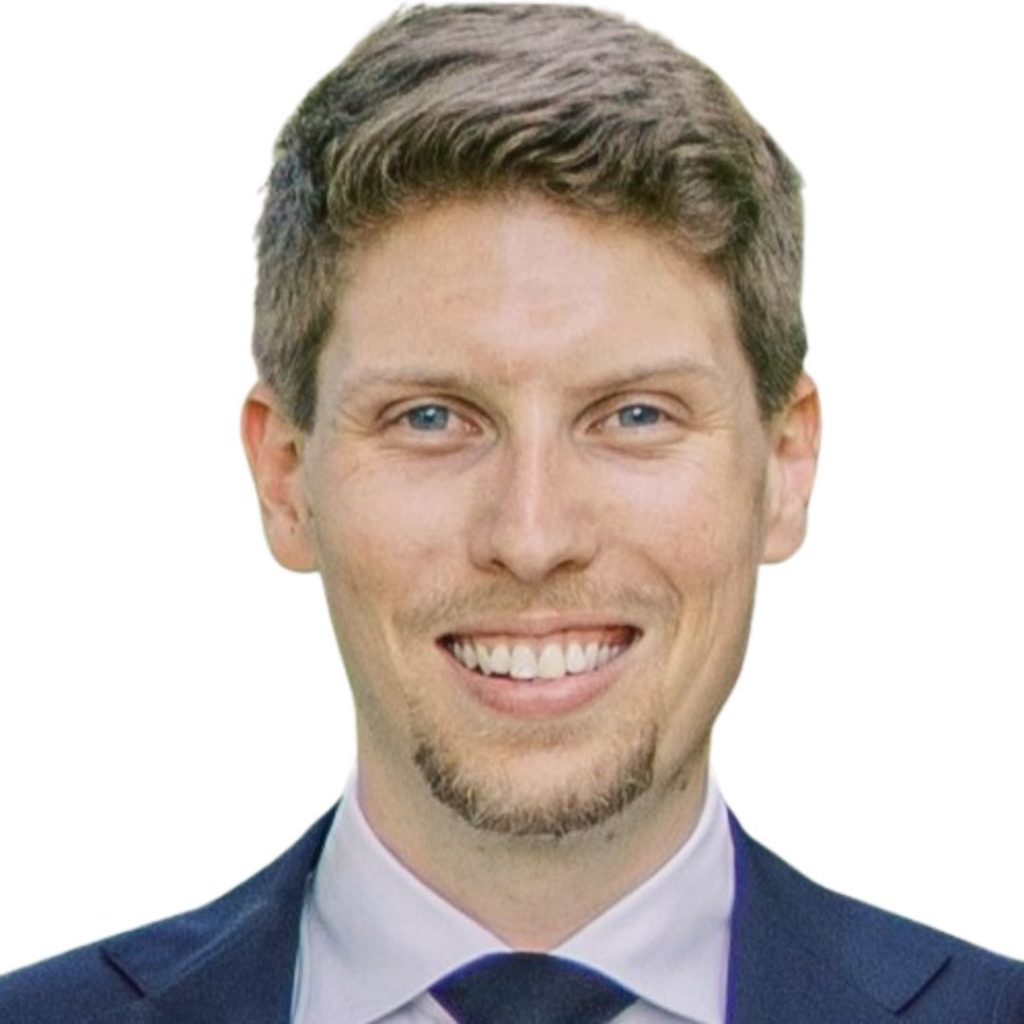
Tim Speirs, M.A.Sc., P.Eng., QPESA
Operations Manager in Ontario for the Environmental Due Diligence & Remediation Group
Tim Speirs is the Operations Manager of the Environmental Due Diligence and Remediation groups in Pinchin’s Oshawa and Peterborough offices. Tim has been with Pinchin since 2018 and is a licensed professional engineer with Professional Engineers Ontario (PEO). He holds a Bachelor of Engineering in Environmental Engineering from the University of Guelph (UoG) and after several years in the consulting industry he returned to UoG to obtain a Master of Applied Science while continuing to work on a full-time basis. Tim’s masters research focused on contaminant hydrogeology and using high-resolution subsurface field investigations to inform conceptual site models with a multiple-line-of-evidence approach. This approach is something that he applies to all projects and today he proudly specializes in Environmental Site Assessments (ESAs), contaminated site remedial solution design and implementation, Record of Site Condition (RSC) filings, compliance monitoring and other detailed subsurface investigations throughout Ontario.
Tim has always been passionate about the environment and helping others. He knew from a young age that he was destined to be an Environmental Engineer, but it wasn’t until he entered the consulting industry that he learned how truly rewarding it is to be part of a collaborative team that helps stakeholders manage complex issues.
When asked what it means to be an engineer, here’s what Tim had to say.
“Being an Environmental Engineer is about leveraging my technical experience and strong communication skills to be transparent and help my clients understand and overcome project risks. While each project is unique, this can often include working with property owners to enhance or manage the environmental quality of their assets and I am extremely proud to contribute to the betterment of our local communities through my work.”
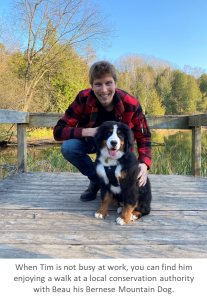
For more information on Tim Speirs, visit his LinkedIn Profile.
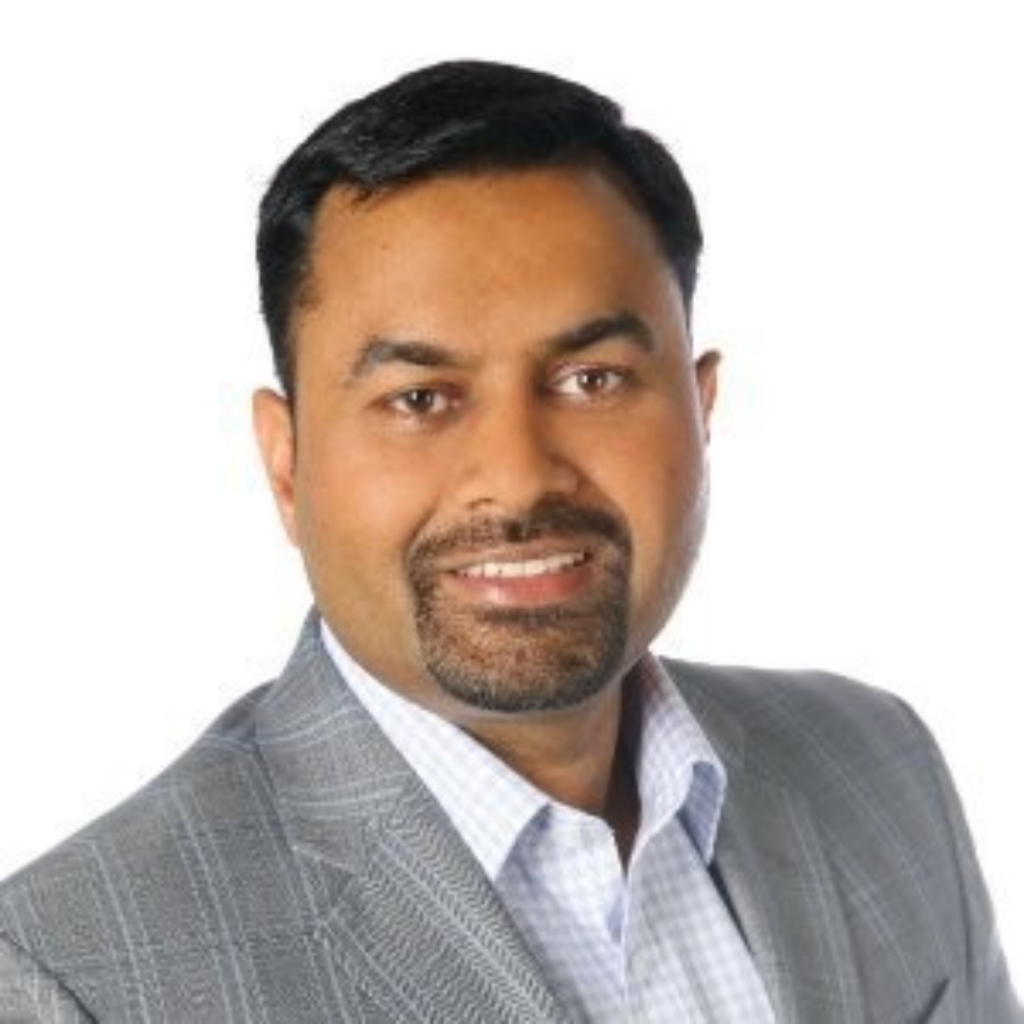
Paresh Patel, M.Eng., P.Eng.
National Director – Remediation Services in Ontario for the Environmental Due Diligence & Remediation Group
Paresh Patel is the National Director/Practice Specialist for Remediation Services with the Environmental Due Diligence & Remediation (EDR) group. Paresh has been with Pinchin Ltd. since 2010 and is a licensed professional engineer in Ontario, Alberta, British Columbia, and Nova Scotia. He holds a Master of Engineering in Environmental Engineering and a Bachelor of Chemical Engineering.
Paresh has over 20 years of experience in remediation of soil, groundwater, and wastewater. At Pinchin, Paresh oversees the remediation business across Pinchin. In addition to the remediation projects, he has conducted extensive remedial investigations, site assessments (i.e. Phase II ESAs) and working on a variety of Record of Site Condition (RSC) sites where remediation was required. He provides the key technical support to the sites undergoing redevelopment where clients and developers need to make key financial decisions which are dependent on the short and long-term environmental liabilities.
What Paresh finds satisfying when it comes to being an engineer is when a concept or idea born out of sound engineering and science takes shape and provides clarity for his client, so that they can carry out their business with peace of mind.
“I wear multiple hats; however, when it comes to engineering, I take pride in providing practical solutions based on sound engineering and science. It is satisfying to see a concept or unique idea taking shape in real life and alleviating the customer’s worries. Creating a safe environment and providing solutions that enable my clients to carry out their business and operations with peace of mind and considering Pinchin as their partner is rewarding!”
For more information on Paresh Patel, visit his LinkedIn Profile.
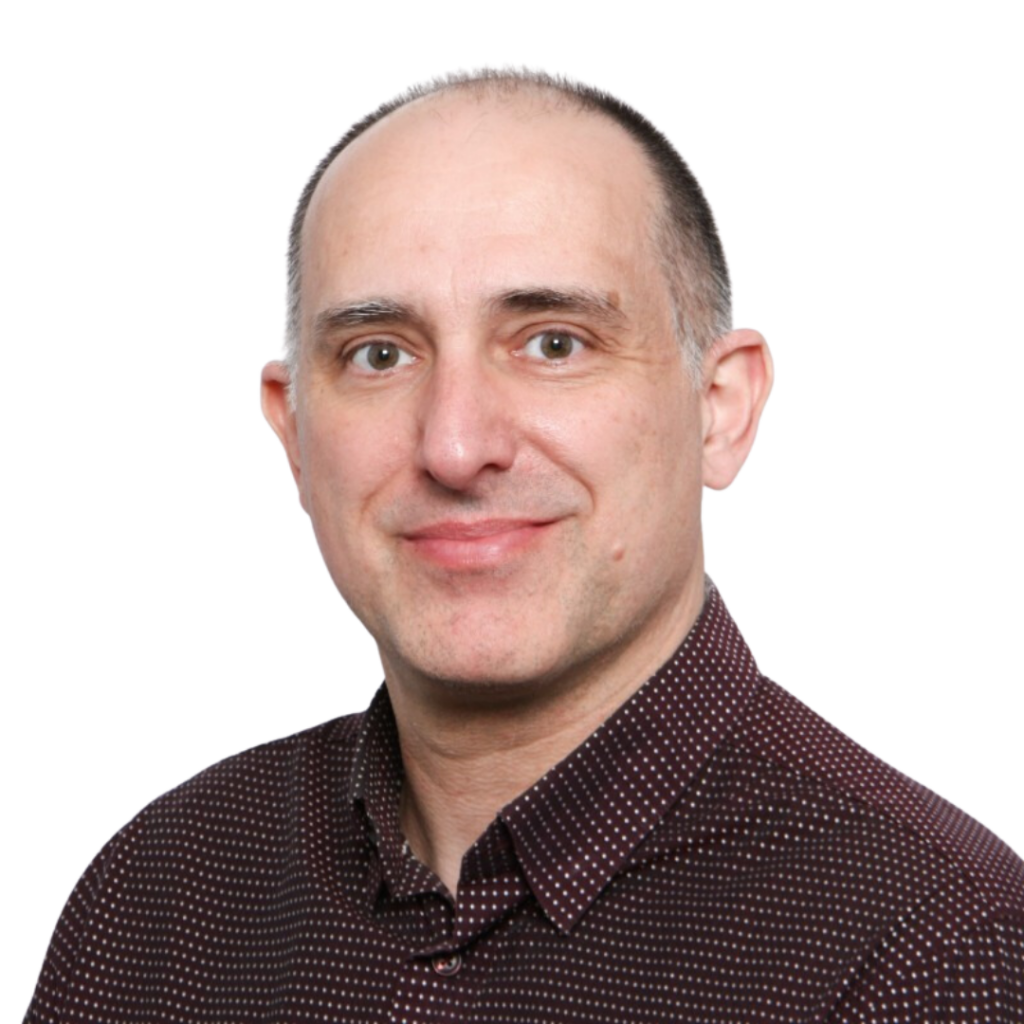
Jeff Dietz, P.Eng.
Senior Technical Manager in Ontario for the Geotechnical Services Group
Jeff Dietz is a Senior Technical Manager in the Geotechnical Services (GEO) group and has been with Pinchin Ltd. since 2022. Jeff holds a Bachelor of Applied Science in Civil Engineering from the University of Waterloo. Jeff is a licensed Professional Engineer in Ontario; and, also has been designated as a Consulting Engineer by Professional Engineers Ontario (PEO).
Jeff has 25 years of experience in geotechnical engineering. He has worked on hundreds of projects in both geotechnical investigation during project design, and geotechnical materials testing and inspection during construction. The projects Jeff has worked on have covered residential/industrial/commercial land development, building construction, road design or reconstruction, slope stability assessment, bridge or culvert design, utility installation, airfields, and light rail transit.
When asked about what it means to be engineer, Jeff gets a sense of pride when uses his skills that he has attained over a long career on projects that he helped design and build (locally around the area he lives in) both safe and efficiently.
“To me being an engineer means that I get to use my analytical skills to assess site conditions and help ensure projects are designed and built safely and efficiently. As a geotechnical engineer, I am typically involved in the early stages of a wide variety of projects – land development, buildings, roads, bridges, etc. Testing and inspection during construction allows me to get out on site, and see things being built, while at the same time making sure the aspects of construction that are related to my engineering input are constructed correctly. Having spent most of my career working around the area I live in, I am able to see projects I’ve worked on in the past during my day-to-day activities, which gives me a sense of pride.”
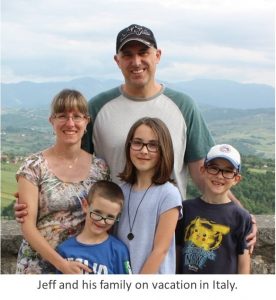
For more information on Jeff Dietz, visit his LinkedIn Profile.
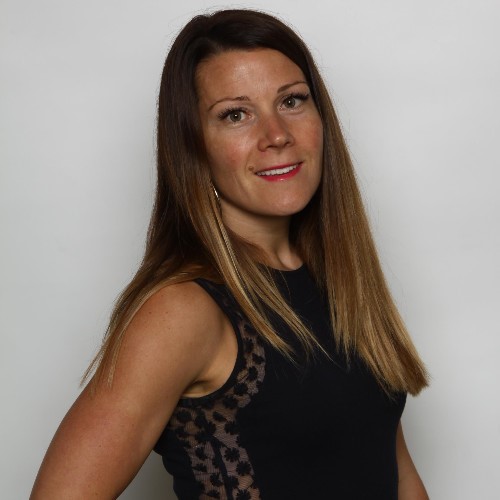
Lindsay Johnson, P.Eng., QPESA
Technical Manager in Ontario for the Environmental Due Diligence & Remediation Group
Lindsay Johnson is the Technical Manager for the Southwest Environmental Due Diligence & Remediation (EDR) Groups at Pinchin Ltd. Lindsay obtained her Environmental-Civil Engineering degree from the University of Waterloo in 2005 and has been a P.Eng with Professional Engineers Ontario since 2010 and is also a Qualified Person (QPESA) as designated with the Ministry of the Environment, Conservation and Parks since 2011. Lindsay grew up in St. Marys, Ontario and has called Waterloo home since her time at the University of Waterloo.
Lindsay has 18 years of experience in the environmental consulting industry and is responsible for overseeing the technical work completed by all EDR team members within the southwest Ontario offices. Lindsay is also responsible for the growth of Southwest Region’s EDR group through business development initiatives and active involvement in the local development community. She enjoys working where she lives and being able to see her professional successes come to life in her community.
Lindsay realized she wanted to become an environmental engineer during a high school business course. An environmental engineering consultant spoke to the class and after offering Lindsay a co-op placement that summer to experience it firsthand, Lindsay knew she’d found what she was meant to do. She loved the balance of the technical components of the projects coupled with the client management aspect that comes with consulting.
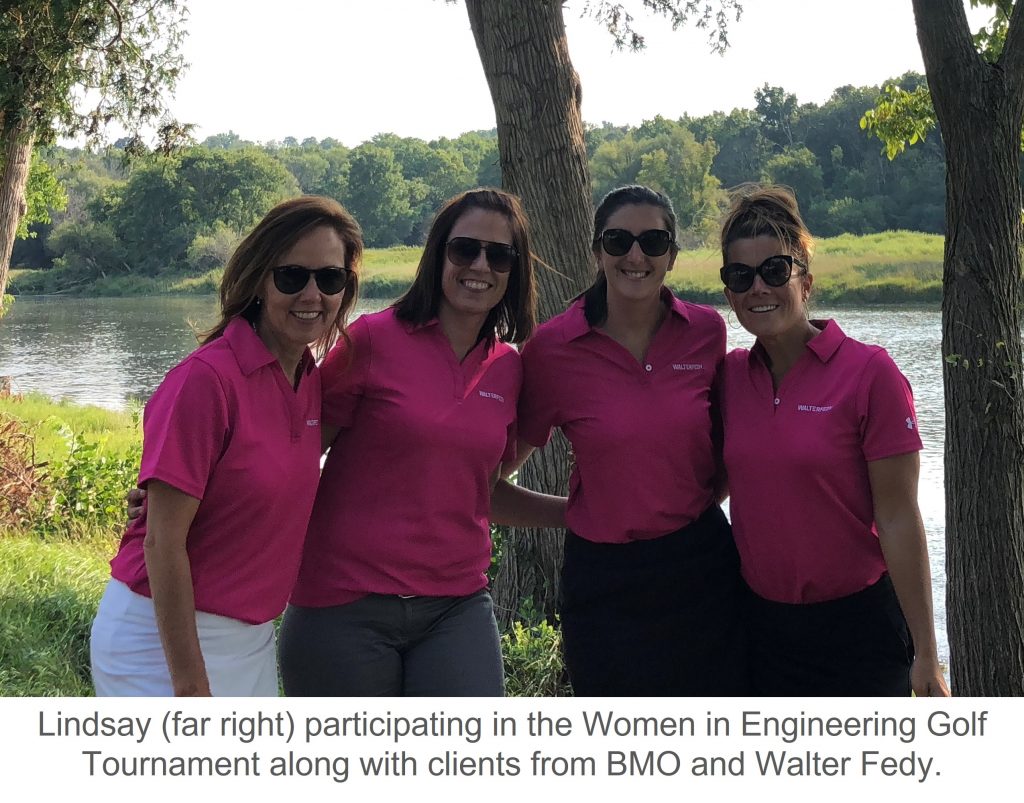
“I get great satisfaction from applying engineering principles to a wide spectrum of projects, from property transaction work in Hawaii to remedial design work in Nunavut. I especially enjoy the more complex and challenging revitalization projects that allow an unused industrial property that has existed for decades to be transformed into a new modern commercial or residential space to be enjoyed by the local community.”
For more information on Lindsay Johnson, visit her LinkedIn Profile.
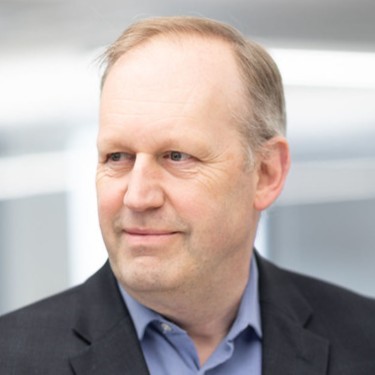
Graeme Terris, P.Eng., C.Eng.
National Practice Leader in British Columbia for the Mechanical Engineering & Design Group
Graeme Terris is the Regional Practice Leader and Team Lead for the Mechanical Engineering & Design Team and has been employed by Pinchin Ltd. since 2019. Graeme received his Professional Engineer designation with Engineers and Geoscientists BC back in 2015 and is a Chartered Engineer with the Engineering Council (UK).
Graeme has over 40 years’ experience in the industry in the UK and Canada as well as internationally involving heating, ventilation, air conditioning (HVAC) and plumbing design for all sorts of buildings from small residential developments through to large office and manufacturing projects for clients from Healthcare to Hospitality, all levels of Educational facilities, Theatres, Sports Centres, and specialist facilities such as workshops and radioactive facilities.
When asked what it means to be an engineer, Graeme feels there is a high level of respect as the designs and advice he provides is science based and thought worthy compared to current trends of fake news and conspiracy theorists.
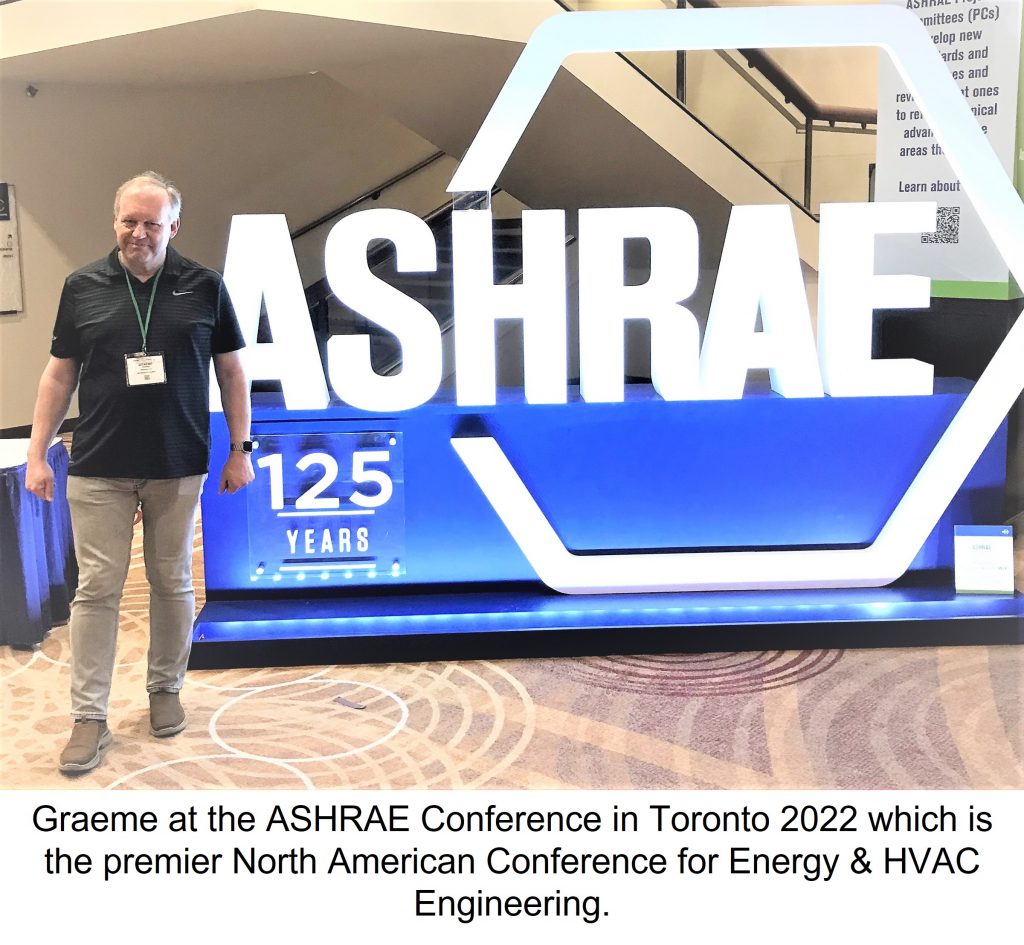
“With being an Engineer comes a high level of responsibility but also a high level of respect. In the days of “fake news” and “conspiracy theorists” it is good to be in a position where your designs and advice will be accepted as science based, properly thought through, and therefore trustworthy because you put your name and therefore your reputation on every document you issue. My own interest is in Low Energy design and has been since the Oil crisis of the 70s and 80s (shows how old I am!). Back then it was the cost of fuel that drove the need to reduce Energy use….now it’s even more critical as it’s the cost to the planet we are talking about. Engineers will be the people who can save the earth and if that doesn’t give meaning to being an Engineer I don’t know what does.”
For more information on Graeme Terris, visit his LinkedIn Proflle.
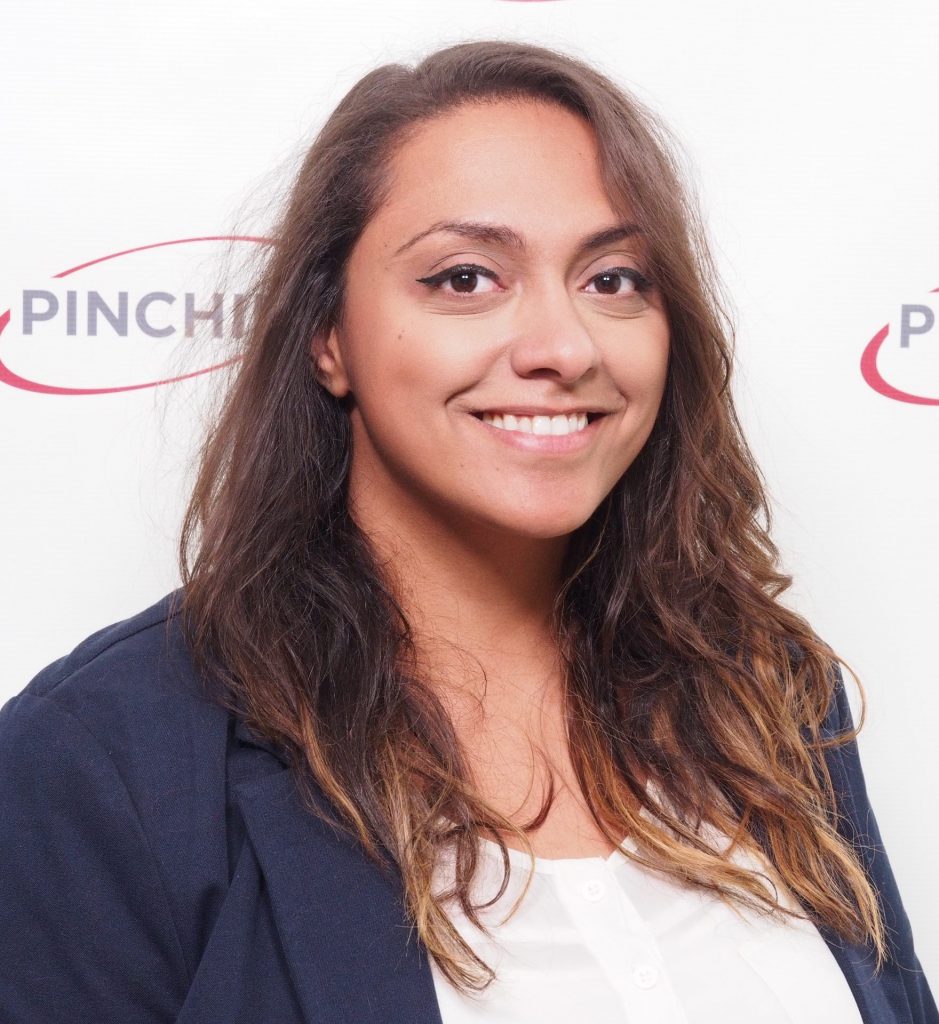
Mary Mekhail, P.Eng., M.Eng.
Project Engineer in Ontario for the Emissions Reduction & Compliance Group
Mary Mekhail is a Project Engineer with the Emissions Reduction & Compliance (ERC) group and has been with Pinchin since 2017. She completed her Masters in Engineering Degree at the University of Guelph in Environmental Engineering, Mary also received her Bachelor of Engineering with Co-operative studies and completed her Minor in Geographical Information Systems (GIS) and Environmental Analysis at the University of Guelph. Mary received her Professional Engineer designation with Professional Engineers of Ontario back in 2019.
Having completed her undergrad and Masters at the University of Guelph, Mary has had the pleasure returning to UofG to speak with fourth year Engineering students on Compliance Approvals and Environmental Permitting in air and water sectors.
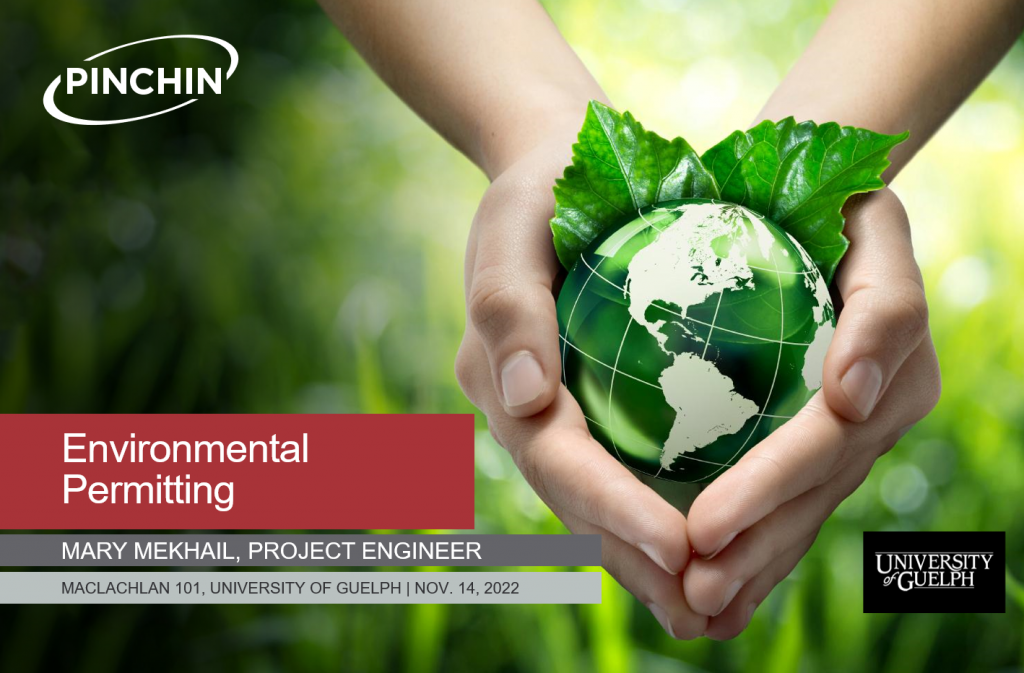
Presentation back in November 2022 to UofG 4th yr Engineering students. 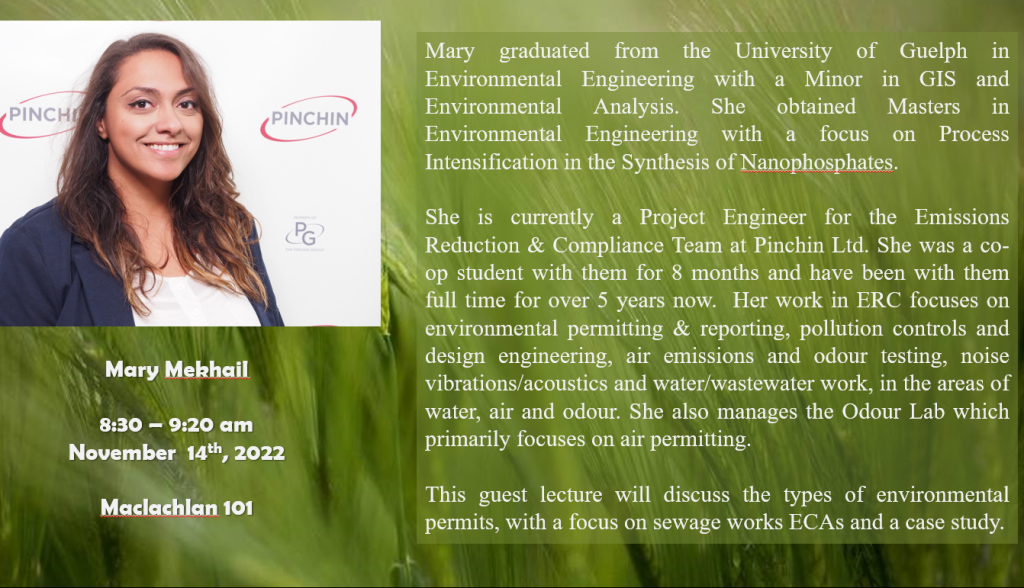
When asked about what it means to be an engineer, here’s what she had to say.
“Engineering to me is an opportunity to incorporate creativity through hands on solutions to everyday problems. I grew up loving music, art, but also physics, mathematics, and environmental sciences. Now I’m a Project Engineer at Pinchin working to protect our environment in collaboration with air, noise and water engineers. Imagining and developing innovative strategies and consistently pushing myself outside my comfort zone. I love it.”
For more information on Mary Mekhail, visit her LinkedIn Profile.
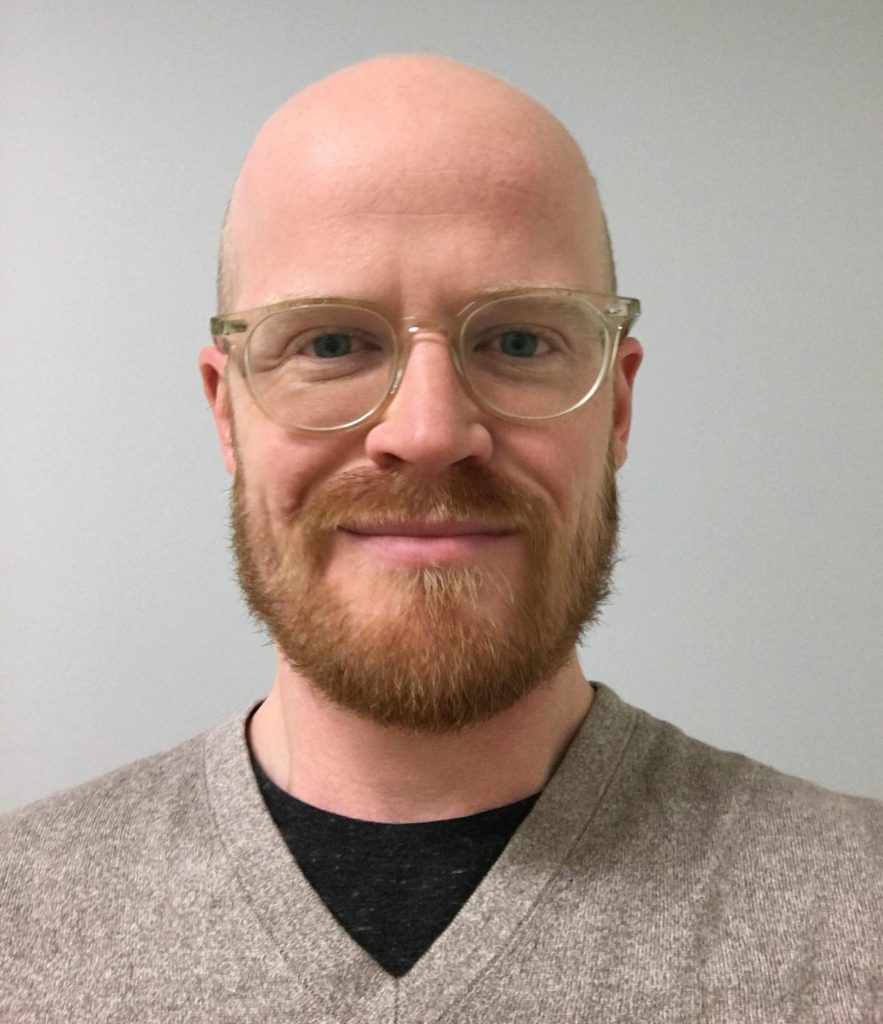
Samuel Lingwood, M.Sc.A., P.Eng.
Senior Technical Manager/Team Leader in Ontario for the Environmental Due Diligence & Remediation Group
Samuel Lingwood has a background in mining, mechanical and environmental engineering and is a Senior Technical Manager & Team Leader with the Environmental Due Diligence & Remediation Team, located in the GTA. His primary focus is on soil and groundwater remedial design, evaluation/costing, and implementation – predominantly within the area estate and development sector across Canada. As a project engineer and project manager, Samuel has widespread experience with challenging projects across Canada, including in northern and remote environments, for a variety of land use and contaminant scenarios with sites impacted with hydrocarbon fuels, waste oils, metals/inorganics, VOCs, PAHs, PCBs, paints, industrial effluents and dense and light NAPL chemicals.
Samuel received his Professional Engineer designation with Professional Engineers of Ontario back in 2012 and his BC designation in 2019.
One of Samuel’s more notable project experiences includes project management and execution of engineering services for the operation and maintenance of on-going remedial treatment for remote emergency spill response at a North Warning station in the Arctic.
When asked about what engineering means to Samuel, he noted that being an engineer “appeals” to his geeky side however he also understands there is a responsibility and time-honoured trust placed upon him.

“While there is certainly the nerdy/geeky side of the title that appeals to me, there is also a deeper more real meaning associated with duty of care inherent in the role – both with respect to honouring the profession and, maybe even more importantly, honouring the trust we [i.e., general public – myself included] place in it. It’s a nice/important reminder that keeps you on your toes.”
For more information on Samuel Lingwood, visit his LinkedIn Profile.
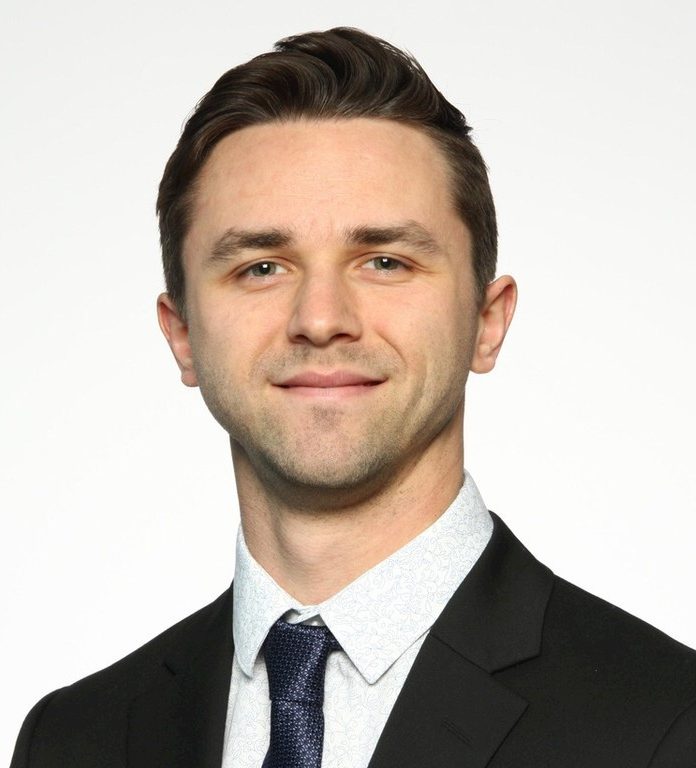
Valeriy Tyshchuk, B.E.Sc., P.Eng.
Senior Project Manager in British Columbia for the Environmental Due Diligence & Remediation Group
Valeriy Tyshchuk is a Senior Project Manager in the Environmental Due Diligence & Remediation group and has been with Pinchin since 2018. Valeriy holds a Bachelor of Engineering Science in Civil Engineering from the University of Western Ontario. He is a licensed Professional Engineer with Engineers and Geoscientists BC, Engineers Geoscientists Manitoba and Professional Engineers Ontario. He is also recognized by the Ministry of Environment, Conservation and Parks (MECP) as a Qualified Person (QPESA) for filing Records of Site Condition (RSCs) in accordance with O.Reg. 153/04.
As an environmental engineer Valeriy is responsible for implementing environmental engineering solutions to assist a range of public and private sector clients in successful realization of various regulatory compliance, brownfield redevelopment, and due diligence projects.
When asked what being an engineer means to Valeriy, here’s what he had to say.
“To me, being an Engineer is synonymous with the word ‘accountability’. It is our job to be accountable for quality of work our team produces and ensuring it meets or exceeds the high standards our profession is known for. I also take pride in having the opportunity to mentor other future Engineers and diffuse my knowledge and experience in the same manner that my mentors have guided me throughout my career and continue to this day. Being an Engineer also means I never stop learning. Our profession has an endless flow of new challenges that require critical thinking, problem solving and collaboration with many bright individuals, which keeps me mentally sharp and improves my overall well-being.”
For more information on Valeriy Tyshchuk, visit his LinkedIn Profile.
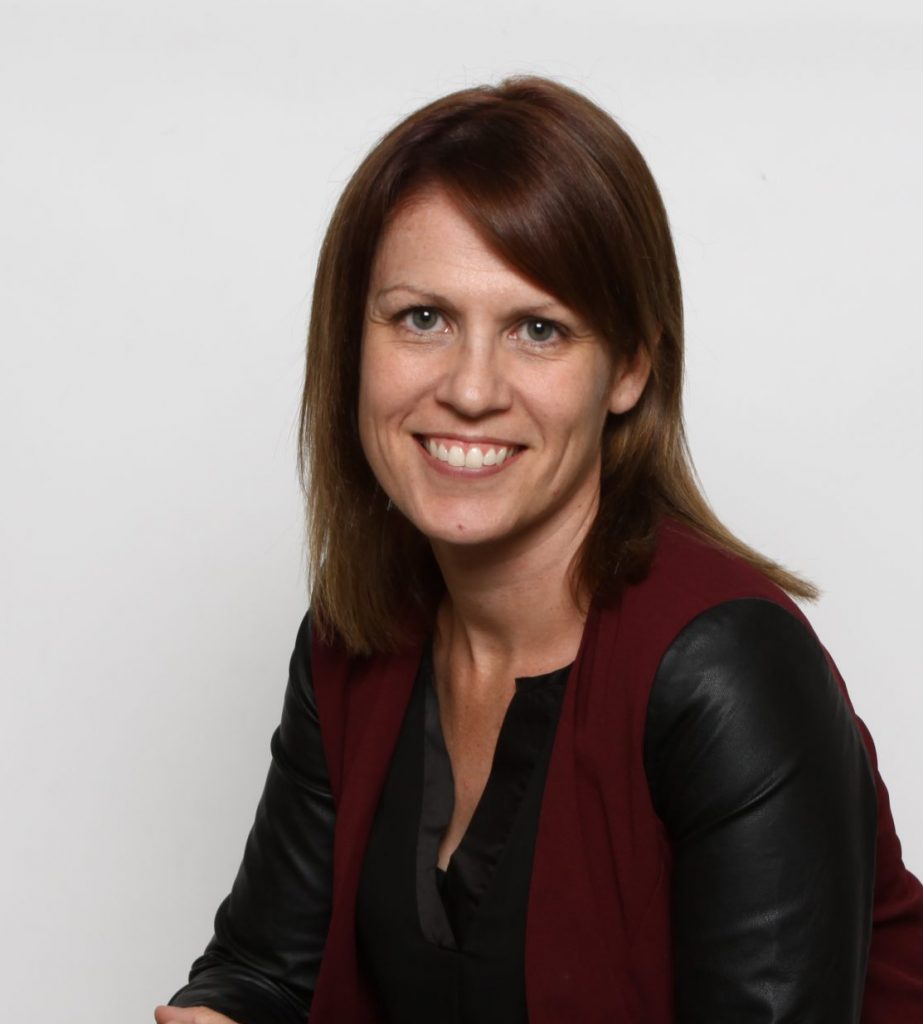
Vanessa Marshall, M.Eng., P.Eng.
National Practice Leader in Ontario for the Geotechnical Engineering Group
Vanessa Marshall is the National Practice Lead with the Geotechnical Services group at Pinchin Ltd. Vanessa graduated with her engineering degree from Queen’s University in 2003 and completed her Master of Science in engineering from University of Wisconsin in 2010. Vanessa has over 15 years of experience within the Civil Engineering Industry, most of which has been related to project management and geotechnical work. Vanessa’s experience includes the management of geotechnical investigations for municipal infrastructure projects, slope stability assessment, and the construction of commercial, industrial and institutional buildings. Vanessa has exceptional communication skills and has developed strong relationships with our employees and clients.
When asked about what it means being an engineer, Vanessa feels there is a great responsibility being an engineer.
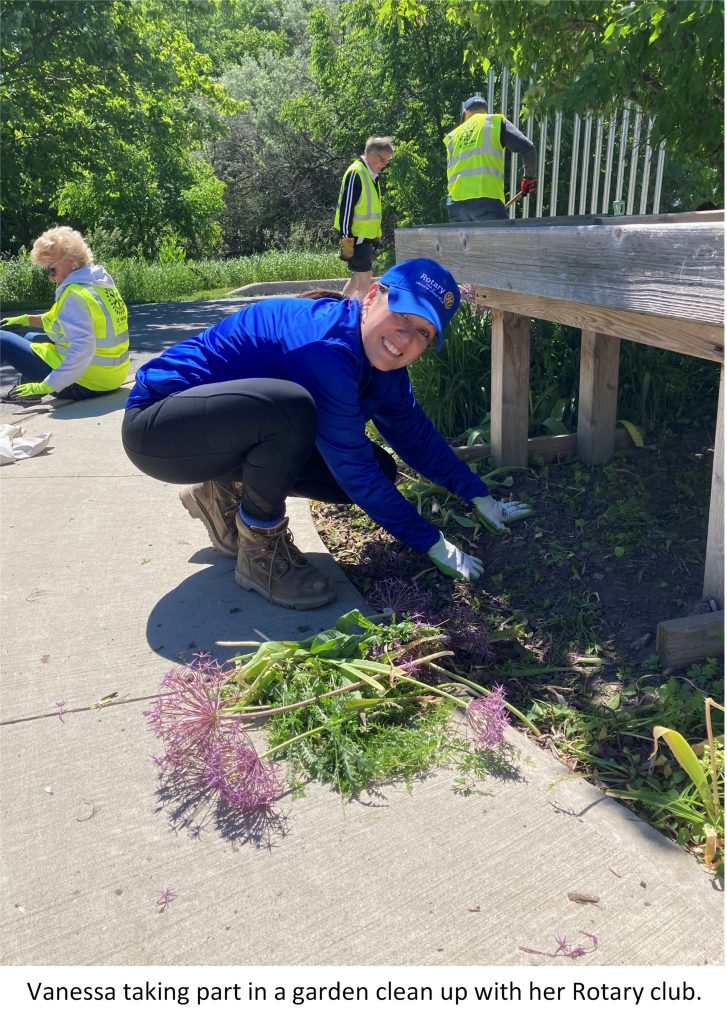
“I believe that with being an Engineer comes great responsibility, but also great rewards. In the field of geotechnical engineering, all our projects are designed and completed with the utmost safety of the general public in mind. That can be seen and felt as a lot of responsibility, but the great reward for every project is that we are helping design something that will benefit society. From new pathways or skateparks to affordable housing units, every new structure built has a purpose to help advance and change the current municipal landscapes.
I have also found that being an Engineer has set me up for success in various volunteer positions that I am in. Completing a degree in engineering, sets a person up for success in engineering, but one will also leave university with several, what I call “hidden powers”. One of those “powers” is the ability to learn. It has allowed me to ask questions, look for explanations and better assist the not-for-profits I volunteer with”.
For more information on Vanessa, visit her LinkedIn page.

Lorena La Osa Gomez, M.Sc., P.Eng.
Senior Project Manager in Alberta for the Environmental Due Diligence & Remediation Group
Lorena La Osa Gomez is a Senior Project Manager in the Environmental Due Diligence and Remediation (EDR) group and has been employed by Pinchin Ltd. since 2014. Lorena holds a Master of Engineering in Geological Engineering and a Master of Science in Environmental Research, Groundwater Modeling and Risk Assessment from the Polytechnic University of Madrid (Spain). Lorena is also registered as Professional Engineer with the Association of Professional Engineers and Geoscientists of Alberta (APEGA) and the Association of Professional Engineers and Geoscientist in Saskatchewan (APEGS).
When asked about what it means being an engineer, Lorena has credited her degree/designation as the backbone and growth to her career.
“I have never felt like a ‘real’ engineer as the discipline I work on is not directly associated to design, inventing, or maintaining anything. However, my engineering degree along with my professional designation, has provided me with the skills, ethics, and potential to improve and growth every day in what I like to do”.
For more information on Lorena, visit her LinkedIn page.
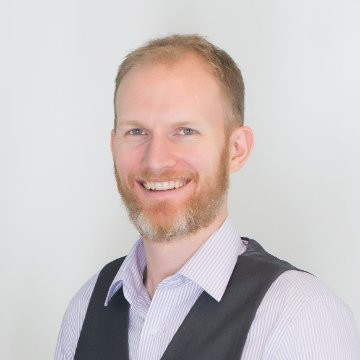
Brennan Anstey, P.Eng.
Operations Manager & Regional Practice Leader in British Columbia for the Environmental Science Group
Brennan Anstey is the Operations Manager and Regional Practice Leader of the BC Environmental Science group and has been with Pinchin since 2014. Brennan holds a Chemical and Biological Engineering degree from The University of British Columbia (UBC) and is a registered Professional Engineer in British Columbia.
Brennan started his post-secondary education in the Metals and Minerals Engineering field at UBC because he was interested in better understanding where things came from and where they ultimately went. Eventually, Brennan would switch his studies to the Chemical & Biological Engineering program at UBC. In high school, Brennan always enjoyed physics and chemistry because it came easy to him, but it wasn’t until he attended University and got into environmental studies and sustainability theory that he realized that this was his passion and what he wanted to do.
One of Brennan’s proud moments as an engineer was when he was tasked with determining why the air quality of a large indoor pool was so bad. After spending time learning all about Trichloramines (a byproduct from the reaction between chlorine and nitrogen compounds) and analyzing the buildings HVAC system, which were both new topics to him, Brennan realized that the inlet and outlet pipes that supported the HVAC system were simply too close. The close proximity of both pipes didn’t properly allow the fresh air coming into the space to circulate before being pulled back into the HVAC system. Brennan believes it was the first principles thinking that he learned as an engineer that allowed him to focus on the main issue and find a simple solution to a problem that a number of specialists before him couldn’t solve.
As a young child Brennan remembers being told that humans were wrecking the planet and the adults didn’t know how to fix it, so it was up to us kids to figure it out – an unfair burden in retrospect, but one he pondered for a long time. While in university Brennan noted that many people were looking for a technological solution to the environmental problem, and realized that the problem with how we interact with our environment isn’t technological, it was social.
When asked what he would like to tell upcoming engineers, Brennan mentioned that the education he learnt in University was only a small portion of his toolkit compared to the wealth of continual learning and understanding he’s gained from every working and observational experience.
“From an engineering perspective, the world makes physical sense, so it’s important to stay curious about the things that seem off or that don’t add up. When something doesn’t add up, it usually means there is still something for you to learn about. It’s important for us all to keep the big picture in mind so we can contribute as meaningfully as possible in whatever we decide to do with our lives.”
For more information on Brennan Anstey, visit his LinkedIn Profile.
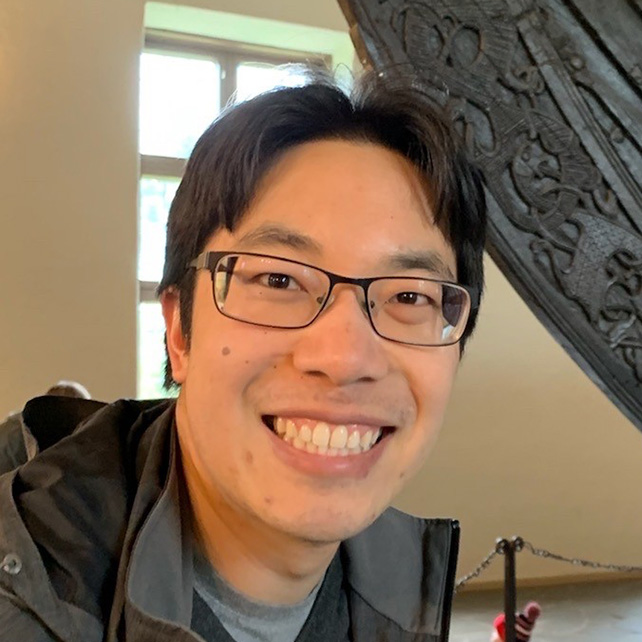
Michael Lee, P.Eng.
Project Manager, Geotechnical Engineering Group
Michael Lee is a Project Coordinator in the Geotechnical Services Group and has been with Pinchin since 2017. Michael holds a Bachelor of Applied Science in Environmental Engineering from the University of Northern British Columbia (UNBC) and University of British Columbia (UBC). Michael is a Professional Engineer with the Association of Professional Engineers and Geoscientists of Alberta.
Michael fondly recalls the moment his young mind was first intrigued about engineering, it was after reading news about a stunt by engineering students at the UBC, where they would hang a Volkswagen Bug from a bridge in total secrecy until it was discovered by the community and authorities the next day.
Michael grew up in Prince George BC where half of his family were engineers, and although each took different paths (chemical & electrical), Michael knew early on that he was destined to becoming an engineer – he wanted to learn how to hang a bug from a bridge of course! After learning how diverse the field of engineering was, Michael decided to steer his interests to sustainable development from which geo-environmental engineering provided a clear entry point.
“Leading by example and doing the right thing” is what Michael enjoys most about being a Professional Engineer. He remembers once being told as a young engineer that the difference between a lawyer and an engineer is that the lawyer knows they’re not an engineer. He’s reminded of this fact by a copy of the Dunning-Kruger paper that sits on his desk. Michael understands that even as an engineer there are things he doesn’t know and believes that one should only speak confidently on the things they’re knowledgeable about.
His advice for young engineers is simple “Don’t be afraid to leave the nest, or your comfort zone. The experiences that will shape you and your values, come when you built your own life. There is a lot of Canada and world outside of your hometown with very different thought processes and values!”
For more information on Michael Lee, visit his LinkedIn Profile.
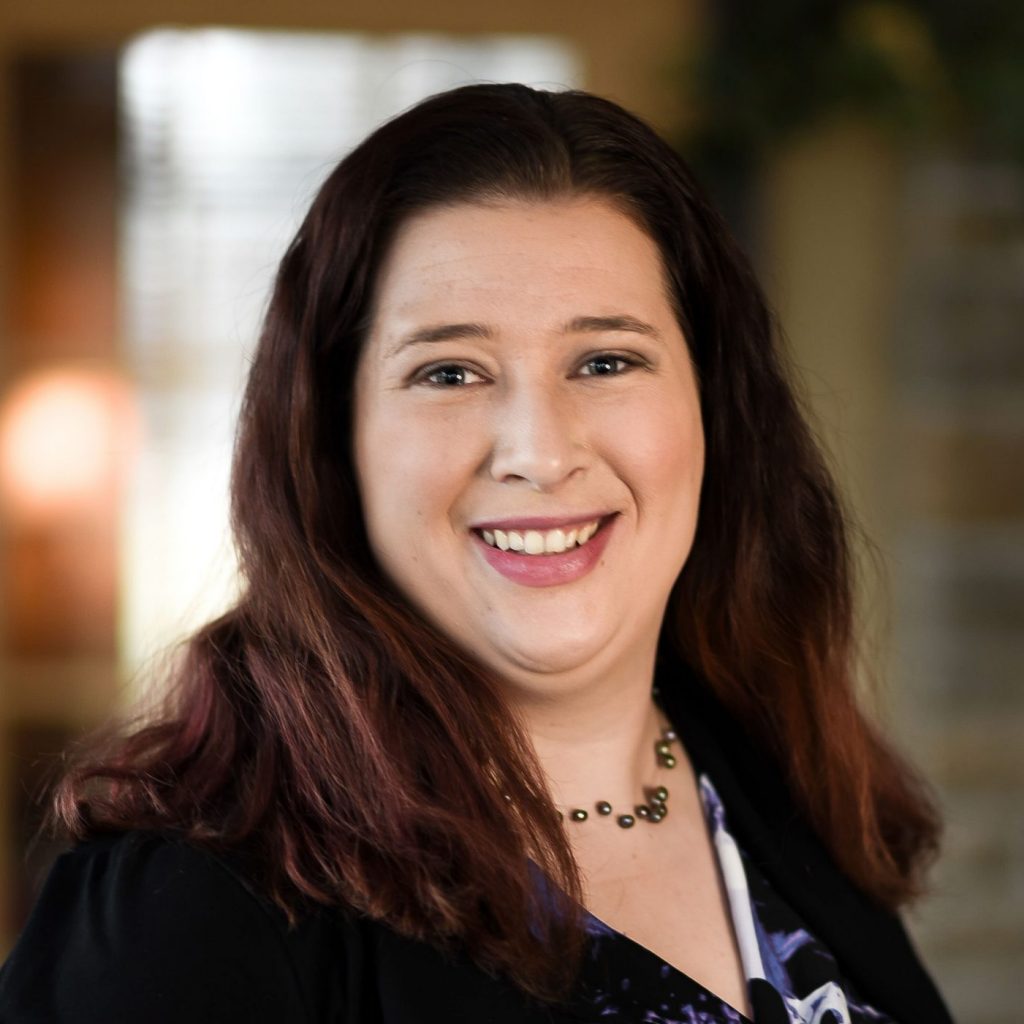
Rachel Northey, P.Eng.
Project Manager, Indoor Environmental Quality Group
Rachel Northey is a Project Manager in our Peterborough Office and has been with Pinchin Ltd. since 2013. Rachel holds a Bachelor of Applied Science in Systems Design from the University of Waterloo, and recently achieved her designation as a Professional Engineer (2021). Rachel is a member of the Professional Engineers of Ontario, as well as the American Industrial Hygiene Association.
Fun Fact: Rachel had the pleasure of stamping her first report as a P.Eng just last week!
Looking back now, Rachel knew she had that engineering spirit in her as a child as she fondly remembers her frustration with the Kinder Surprise Toys and how they never really worked as intended. She remembers thinking even at her young age that if only a little more time was spend working out the issues, it would not only work better but be more fun. Rachel noted that what inspired her most throughout the years was seeing those around her working to improve and try to do better. When asked what Rachel enjoyed most about being a professional engineer, she said:
“I’m still a new engineer, but it helps make me feel like people take me more seriously at networking events or in technical conversations. Once you have the P.Eng. designation you can officially say that you are an engineer, before that you can’t use that word to describe what you do and that creates some confusion, people don’t like hearing that you have an engineering degree but aren’t a professional engineer yet.”
When asked for advice for the next generation of engineers, Rachel stated that as someone who is trained in a non-traditional discipline, she constantly has to explain what she does. “I’m either thought of as a programmer or an electrical engineer and what I do is a little more of a renaissance style of engineering to get all the pieces of a project to fit together nicely. So be prepared young engineers, people will never really truly understand what you do, and that’s ok.”
For more information on Rachel, visit her LinkedIn Page
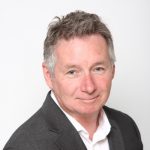
Byron O’Connor
Vice President of Mining Group
Byron O’Connor has over 30 years of environmental consulting experience and holds a Bachelor of Science in Geology and a Bachelor of Science in Engineering, both from the University of New Brunswick (UNB). After receiving his geology degree in 1986 and working in the field for a short period, Byron was advised that getting an engineering degree would provide him more flexibility in the work he wanted to pursue – mainly anything to do with protecting water. Byron credits his first manager, a senior geotechnical engineer, named Paul Belyea for helping him better understand the roll of an engineer and fondly remembers Paul’s simple but important advice – as an engineer you don’t have to re-invent the wheel.
When asked what Byron enjoyed most about being an engineer, he noted that it was the freedom and responsibility of being in a self-regulated profession. He also said that being an engineer allowed him the luxury of being involved in a wide variety of projects that have taken him across the world.
“The high artic is incredibly beautiful, but a number of years ago I worked on a project in Grise Fiord, Nunavut in winter when it was -57 C and then two weeks later, I was working on a project in Saudi Arabia where it was +56 C. Both were painful. The most interesting places I’ve had the pleasure of working were Kyrgyzstan, for a gold mine situated 5000 m above sea level in the Tien Shen mountains, and Mongolia, for a gold mine on the steppe.”
When asked for advice for the next generation of engineers, Byron remarked that engineering is a very diverse field and it’s certainly not all about math and calculations.
For more information on Byron, visit his LinkedIn page.
Join Our Team
Pinchin recognizes the need for talented people to stay competitive and foster an environment that will allow individuals to thrive in a career as an engineer.
If you or someone you know is studying to become or are already a professional engineer, and would like to learn more about joining our team in a co-op opportunity or professionally at one of our 42 offices across Canada, visit our careers page.